Are Motorola's phone days over?
As the 2008 Mobile World Congress begins, uncertainty surrounds one of the biggest names in mobile phone history. Will it stay or will it sell, and can it recapture the past success of products such as the RAZR V3?
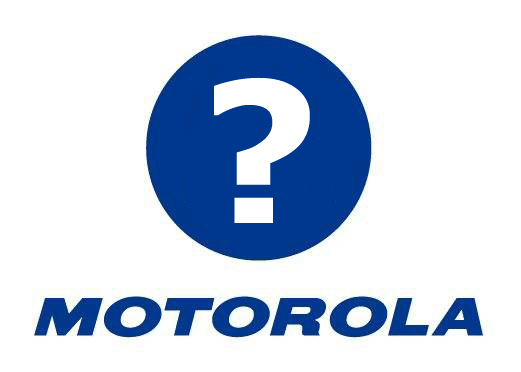
When Motorola launched the RAZR mobile phone a few years back, its product won wide plaudits, the "Hello Moto" sound bite infectiously entered heads across the world, and the firm was soon reclaiming lost ground in the mobile phone market, clamouring back up to the number two mobile handset company in 2005, trailing only Nokia. The RAZR range was the catalyst, and it's clocked up sales of over 110 million units worldwide already, and is still selling today.
Which is why there was an air of shock, if not surprise, at the news that Motorola is considering getting out of the mobile handset business altogether.
Off the back of the firm's success in 2005 came further sales breakthroughs the year after. Buoyed by the success of the RAZR, Motorola's sales continued to boom, but not in a sustainable way. Because, and hindsight is a terrific tool, Motorola took its proverbial eye away from the proverbial ball. While it was basking in the success of the RAZR revolution, it didn't put enough into finding the next big product, or at the very least it failed to find it. And in the fast moving mobile market, that's tantermount to borderline suicide.
As such, consumers were ready for new product lines even if Motorola itself wasn't, and interest in the RAZR began to wane. Other companies seized the initiative, with the most obvious recent example being Apple with its hyper-desirable iPhone. As a result, Motorola's business proved to be too reliant on its RAZR line, and the problems mounted thereafter.
Faced with strengthened competition and no new product line of note to fight with, Motorola activated the only option really open to it - it started to cut prices. And while sales of the RAZR continued, albeit not at the same pace, all of this inevitably hit the balance sheet. In the final quarter of 2007, the handset division of Motorola reported an 84 per cent fall in quarterly profits. Its income in the final quarter of 2006 was $623 million (312 million), and the equivalent quarter the year after saw it drop to $100 million (50 million). Shareholders were relieved to see a profit at all, but every conceivable alarm ball has been blaring for some time.
That kind of fall instantly makes people sit up and take notice, not least when the new chief executive of Motorola went on record to suggest that turning the firm's handset division round was going to take longer than planned. And with Motorola shipping fewer units, slipping to number three in the market worldwide and offering little initial sign of a turnaround, this did not impress analysts, shareholders or the market at large.
Surprise
Get the ITPro daily newsletter
Sign up today and you will receive a free copy of our Future Focus 2025 report - the leading guidance on AI, cybersecurity and other IT challenges as per 700+ senior executives
Yet even with this weight of troubles, the news that Motorola may consider selling off the division altogether was met with some surprise. Greg Brown, the aforementioned new chief executive, while admitting that Motorola's position would get worse before it could get better, had talked of improving the company's portfolio of products. But at the best of times it's a hugely competitive market to be playing catch-up in. Without an iPhone-beater - or equivalent - in its portfolio, there's a general feeling that Motorola will continue to struggle.
The first signs that a potential transaction may be on the cards emerged earlier this calendar year. The breadth of Motorola's business, and its recent history in disposing of divisions within its asset register, clearly shows some prior form. Yet nonetheless the handset division, until recently, was still considered integral to Motorola's business plan.
The rumour mill sprung into life in a story at AppleInsider.com, which quoted an analyst with the firm Nomura. The analyst reported that, given Motorola's failure to develop software and platform tools, it was significantly behind its competition, and may thus exit the market to concentrate instead on its enterprise and government businesses. And these are areas that Motorola is genuinely thriving in, and where there's ceiling room for further growth. What's more, it'd remove the never-ending demand to produce the latest next-big-game-changing thing to flood the market with.
Yet if all of that was the smoke, the fire itself was following quickly afterwards. Before the rumours ran out of hand, Motorola itself issued a statement declaring that it may well be looking to sell or spin-off the handset division of its business. The confirmation came at the end of January, and instantly the likes of Nokia's share price benefited.
Buyers
It soon became clear that a flood of offers was not going to be forthcoming. It didn't help that in the midst of all of this, it was predicted that Motorola would be slipping from third to fourth in the world when it came to the handset business later this year (behind Nokia, Samsung and Sony Ericsson). Yet even so, had this announcement come even twelve months ago, there would surely by now be a variety of firms looking to snap Motorola's handset division up.
Yet there are obvious key problems that are already acting as potential deterrents to any kind of deal. Firstly, it's a very difficult market to buy into, and one that allows no time to navigate the learning curve. Pundits are quick to point to BenQ's troubles with the Siemens mobile business it bought, which ultimately ended sourly. And while there are many technology firms that would love to compete in the handset market, the sheer dominance of Nokia and the bewildering attention that Apple has attracted make the barriers to entry enormously high.
Then, of course, there's the fact that Motorola doesn't appear to have much in its locker. The RAZR brand name has strength, clearly, but recent products have failed to effectively build and capitalise on that, and as a result, the power of the brand has waned. The fact that the handset unit is also making a loss, and would need substantial investment and nurturing to turn around also dampens its appeal somewhat.
And the final problem is the price tag. The numbers that have been banded around range from $9 billion (4.5 billion) to $12 billion (6 billion). That's a staggering amount of money to stump up, and one that many firms simply don't have the pockets to match. Microsoft's biggest acquisition, by way of comparison, was $6bn until the Yahoo! deal was mooted.
Yet there are plusses that can't be overlooked, and that's why any kind of potential deal has not been dismissed out of hand. Even though it's far from the position of strength it once enjoyed, Motorola nonetheless does enjoy a foothold in the market (particularly in America), and does possess a brand name that's synonymous with the mobile phone. Also, the mobile phone market is still growing, both in terms of volume and revenues. In spite of its quickening maturity, there is still some headroom here.
Names
Thus, a variety of names have quickly been linked with a purchase. Samsung are currently number two in the market, but it trails Nokia by some distance, and in a slight parallel of the Microsoft/Yahoo situation, a deal between the companies in second and third place in the sector would create an opponent with some clout. Inevitably, the climbing Sony Ericsson is also mentioned for much the same reason. The advantage to both of these is that Motorola enjoys success in geographical sectors where both firms are looking to make further inroads.
Yet that BenQ lesson does seem to have been learnt, and there's little expectation that this would be an easy deal to finalise, nor would Motorola be an easy business to integrate. There's a real suspicion to many big players that a transaction may prove to be more trouble that the price tag warrants, and there's little guarantee that a deal would be a success.
It does perhaps make more logical sense for one of the smaller players in the handset market to take the plunge, but the widely-linked LG simply isn't believed to have the money to make such a deal possible. That also counts for Huawei, another name being cited. And it's likely to rule out Lenovo, too.
And that leaves who else? Well, firms currently sitting outside the handset business. Dell, for instance, is looking for ways to expand its own business, and a handset is one logical route. But it's already come out and said that it's simply not interested. Michael Dell said '" as reported by IT PRO earlier this month - that Dell is 'more focused on the computer business', and the company has distanced itself from a Motorola deal.
As things stand, Motorola hasn't committed itself to a sale, although its comments clearly had the intent of bringing some form of potential buyer to the surface. But there's a very real possibility here that the tactic simply won't work, that it won't be able to find a suitor willing to match the kind of price Motorola is looking for. And that could mean that Greg Brown will have to '" whether he likes it or not '" tackle the problem in the handset unit and look to turn it round himself. That could, in theory, pretty much wipe out 2008 before any firm result is seen, by which time the asking price for the handset unit it likely to have fallen far below the numbers on the tag at the moment.
For the first time in this occasional series, Motorola's problem isn't that its handset division is vulnerable to takeover. It's vulnerable to being outright ignored altogether. Unless there's a private equity investor out there looking to roll the dice, it could be a very long 2008 for Motorola shareholders, and things are certain to get worse, with no guarantee of a turnaround at the end of it all.
-
 Bigger salaries, more burnout: Is the CISO role in crisis?
Bigger salaries, more burnout: Is the CISO role in crisis?In-depth CISOs are more stressed than ever before – but why is this and what can be done?
By Kate O'Flaherty Published
-
 Cheap cyber crime kits can be bought on the dark web for less than $25
Cheap cyber crime kits can be bought on the dark web for less than $25News Research from NordVPN shows phishing kits are now widely available on the dark web and via messaging apps like Telegram, and are often selling for less than $25.
By Emma Woollacott Published
-
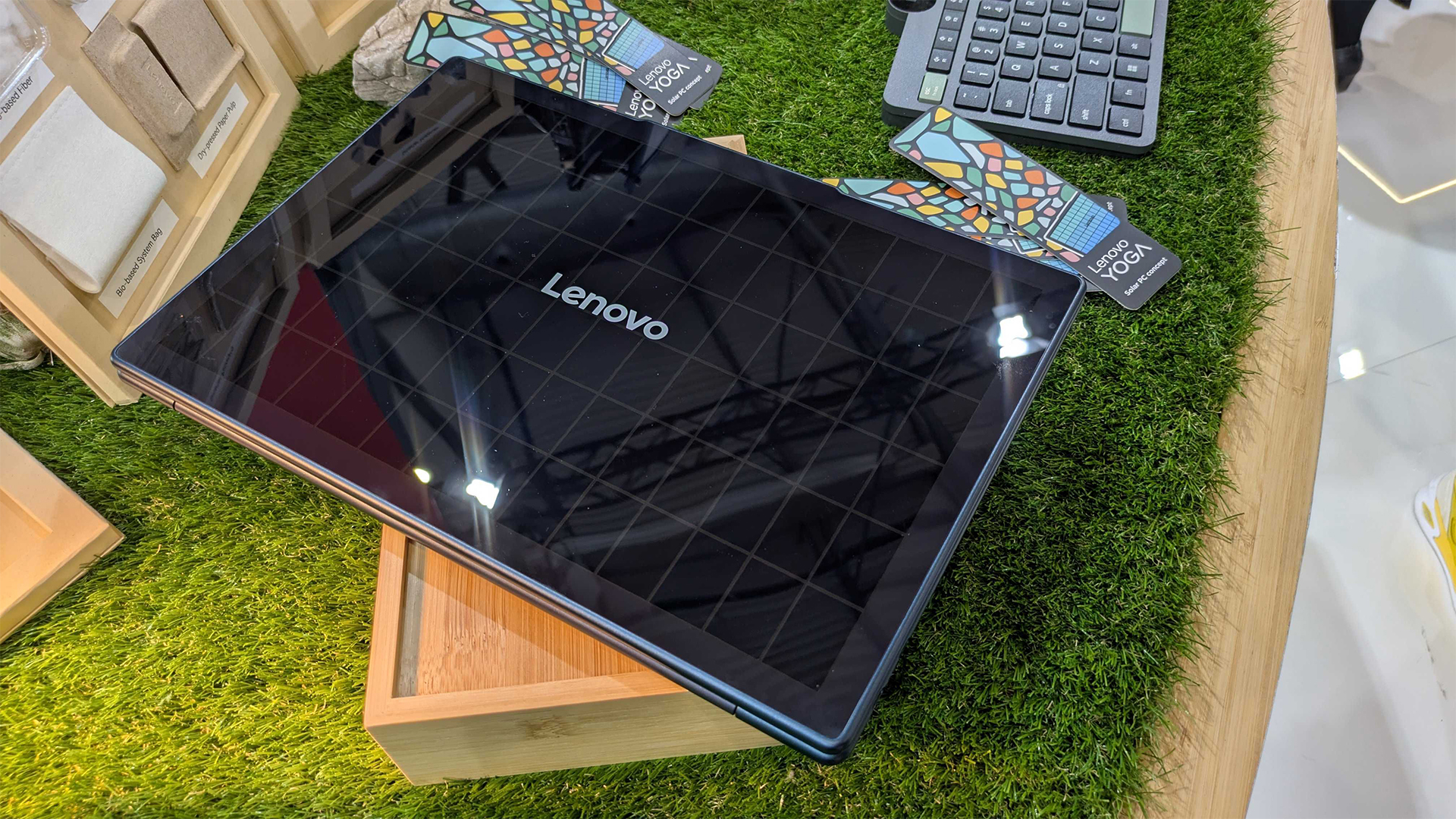 Lenovo’s solar-powered laptop could be a game changer for battery longevity – but we'll be waiting a while for a fully-fledged product
Lenovo’s solar-powered laptop could be a game changer for battery longevity – but we'll be waiting a while for a fully-fledged productNews Lenovo unveiled an experimental solar-powered laptop at MWC 2025 amid updates to the Yoga and Ideapad lineups
By Nicole Kobie Published
-
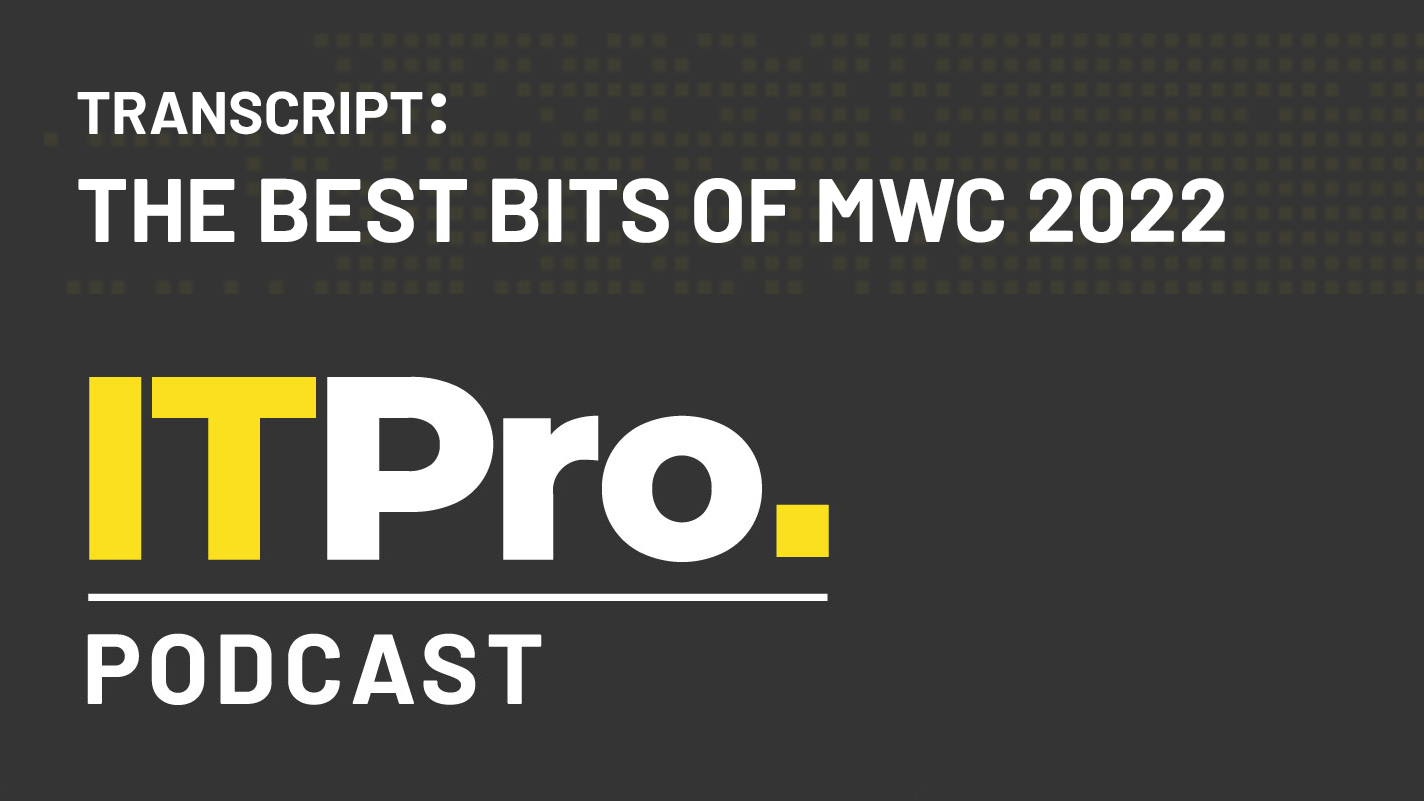 Podcast transcript: The best bits of MWC 2022
Podcast transcript: The best bits of MWC 2022IT Pro Podcast Read the full transcript for this episode of the IT Pro Podcast
By IT Pro Published
-
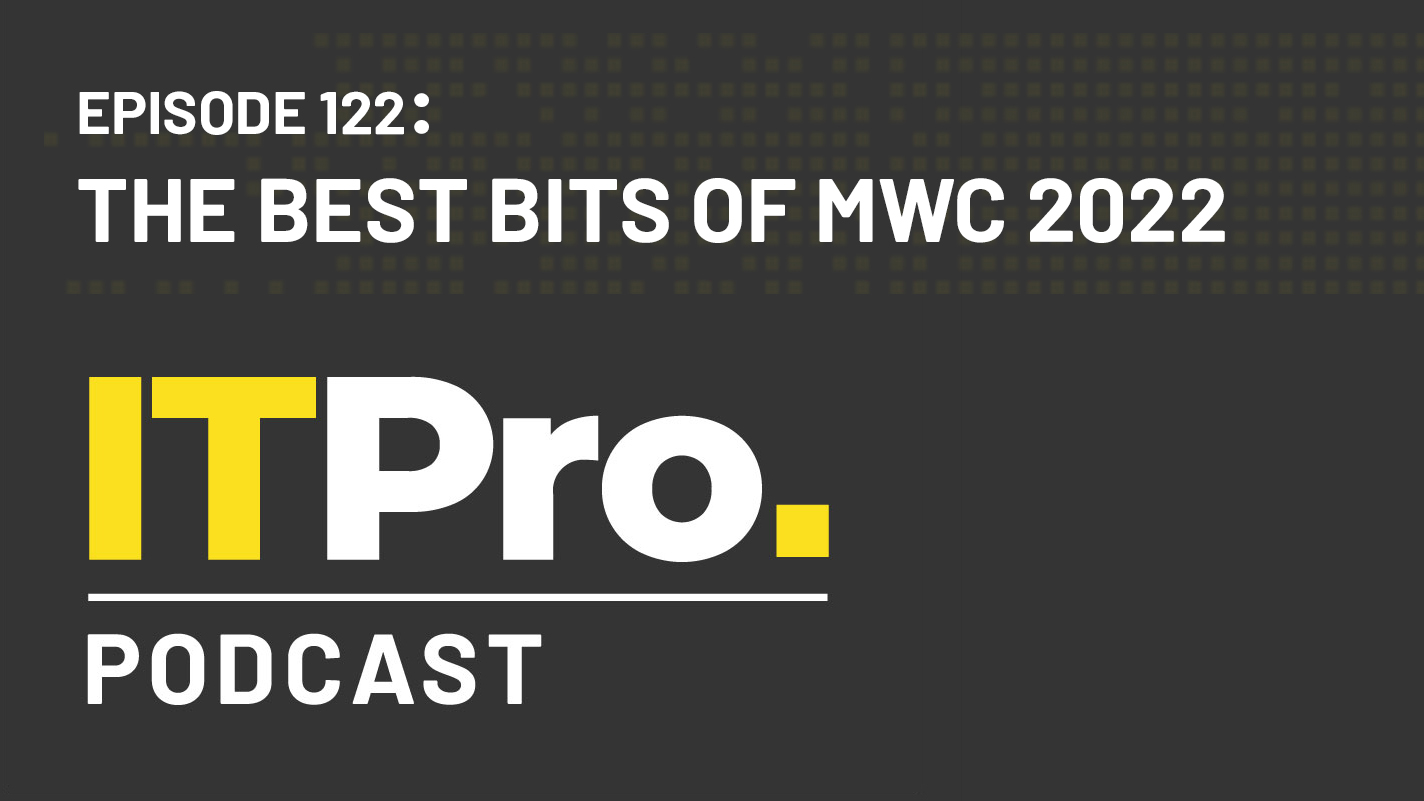 The IT Pro Podcast: The best bits of MWC 2022
The IT Pro Podcast: The best bits of MWC 2022IT Pro Podcast We recap some of the highlights of this year’s Mobile World Congress
By IT Pro Published
-
 LG pulls out of MWC amid coronavirus fears
LG pulls out of MWC amid coronavirus fearsNews The move is intended to protect employees from having to travel internationally
By Thomas Dougherty Published
-
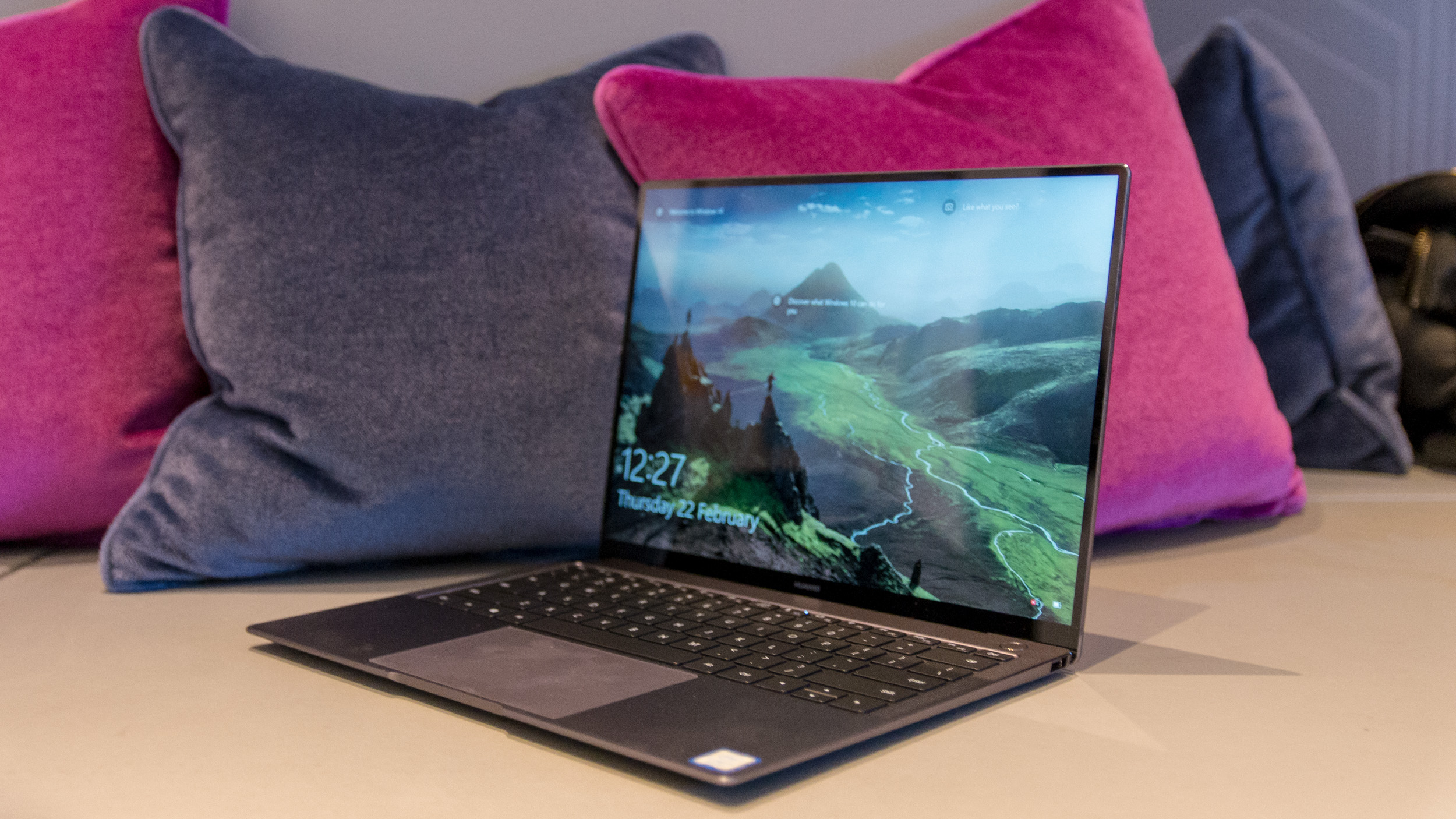 Huawei MateBook X Pro hands-on: Interesting, but overpriced
Huawei MateBook X Pro hands-on: Interesting, but overpricedFirst look Meet China's answer to the MacBook Pro
By Adam Shepherd Published
-
 What to expect from MWC 2018
What to expect from MWC 2018Opinion The year’s biggest mobile conference starts on Sunday - but is there anything to get excited about?
By Adam Shepherd Published
-
 MWC 2012: B2B market fast mobile payments adopter
MWC 2012: B2B market fast mobile payments adopterNews Whilst consumers are taking their time, businesses are embracing the opportunities brought by mobile payments.
By Jennifer Scott Published
-
 MWC 2012: Call to arms for mobile video
MWC 2012: Call to arms for mobile videoNews The CEO of AT&T challenges the industry big wigs to make mobile video calls as easy as voice.
By Jennifer Scott Published